As your toes sink into the soft, warm sand and your eyes drink in the mesmerising blues of the ocean, it’s easy to forget the hidden nemesis that threatens this serene picture – plastic pollution.
Each year, roughly 8 million metric tonnes of plastic waste ends up in our oceans. It’s a staggering amount, the equivalent of a full garbage truck’s worth of plastic being dumped into the ocean every minute.
Given the scale of this crisis, is a plastic-free ocean a goal within our grasp? Let’s dive into the depths of this issue.
The Plastics Invasion
Our oceanic plastic crisis begins innocently enough – an innocently discarded water bottle, a forgotten shopping bag, a casually tossed wrapper. These seemingly insignificant items join a vast plastic flotilla, entrapping marine life, leaching toxins, and even making its way back to us through the food chain. If the current trend continues, scientists predict that by 2050, there will be more plastic in the ocean than fish, by weight.
The Good, the Bad and the Ugly of Plastics
The invention of plastic is a double-edged sword. On the one hand, it has revolutionised our world by providing affordable, lightweight, and durable materials used in almost every industry. Yet, its dark side is evident as it chokes our environment, taking hundreds of years to decompose and often breaking down into harmful microplastics. This is the bad and the ugly of plastic, overshadowing its initial good.
Uglier Still: The Great Pacific Garbage Patch
The Great Pacific Garbage Patch, located between Hawaii and California, is the largest of the world’s five major garbage patches. These are not islands made up of solid waste. They’re more like gigantic, swirling soup bowls of marine debris, mostly made up of floating plastics.
The majority of this marine debris comes from land-based sources. Disposable plastic items, including plastic bags, plastic bottles, and single-use plastic straws as well as other items such as fishing nets. Make their way into the sea. Once in the ocean, these discarded plastics become a menace for marine species.
From tiny plankton to massive whales, creatures across the food chain mistake these plastics for food, leading to starvation, suffocation, and other health problems.
The Power of the People
Is the situation hopeless? History is full of instances where human ingenuity and willpower have turned the tide against seemingly insurmountable challenges.
Take, for instance, the fight against ozone layer depletion. The global community came together, acknowledged the problem, and worked to phase out ozone-depleting substances.
Today, the ozone layer is gradually recovering and should make a full recovery by 2066. Could we repeat this success story with ocean plastics?
Turning the Tide Against Ocean Plastics
Several solutions are being developed and implemented to combat the ocean plastic problem. Beach cleanups are more popular than ever, thanks to the efforts of dedicated volunteers. Innovative projects like The Ocean Cleanup, a nonprofit decidated to combating ocean plastic pollution, are using technology to remove plastic debris from the sea. Governmental regulations are being passed to reduce single-use plastic production, and businesses are seeking sustainable alternatives.
Furthermore, scientists are researching bacteria that can break down plastics, and advancements in biodegradable materials are promising. Education and awareness programs are also vital, as they empower individuals to make eco-conscious choices.
The Dream of a Plastic-Free Ocean
It’s a massive challenge, no doubt. Yet, every large-scale change starts with a dream.
We might not be able to completely eradicate plastic from our oceans, but we can significantly reduce its presence. And perhaps, in the process, we’ll redefine our relationship with plastic, embracing its benefits without letting it wreak havoc on our planet.
Choose reusable shopping bags, say no to plastic straws, participate in beach cleanups, support eco-friendly businesses. Remember, every plastic-free choice you make is a vote for a healthier ocean and a healthier planet.

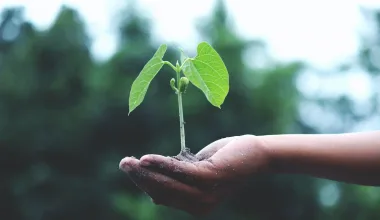
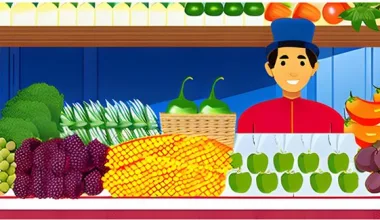

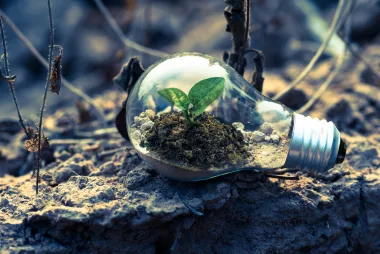
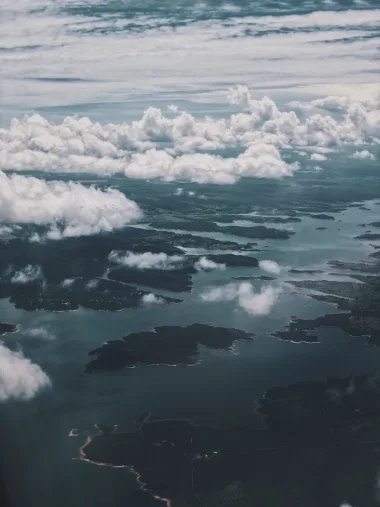

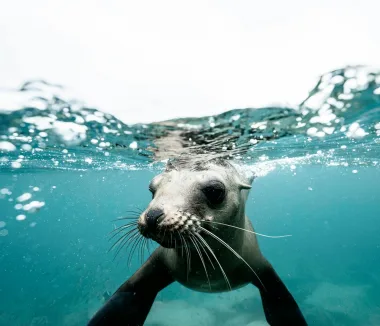

1 comment
Petit partage sur ce sujet en lien avec votre article, dessinatrice, j’ai réalisé une série sur la pollution des océans intitulée « Panta rhei » réalisée à partir de photographies de particules de plastiques trouvées sur des plages aux quatre coins du monde ! Pour découvrir ces dessins : https://1011-art.blogspot.com/p/ordre-du-monde.html
Ainsi qu’une nouvelle série que je commence intitulée « Laisse de mer » sur la pollution de la pêche : https://1011-art.blogspot.com/p/laisse-de-mer.html